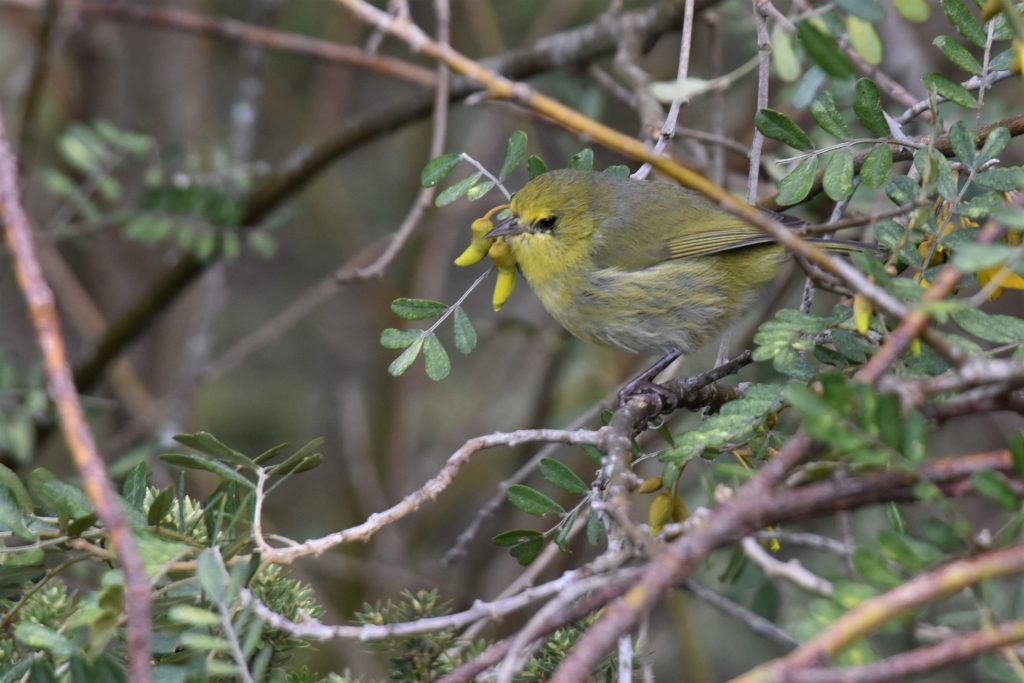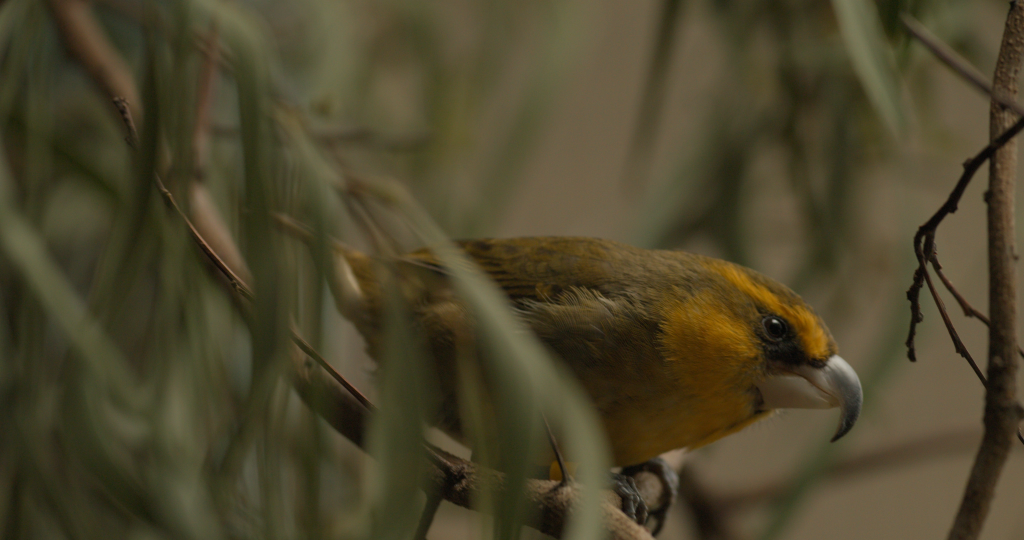Haleakalā NP to move forward with plan to use mosquitoes to reduce the transmission of avian malaria in forest birds

National Park Service officials announced that they will move forward with a plan to reduce the transmission of avian malaria to threatened and endangered forest birds by suppressing invasive mosquito populations.
The NPS will use an incompatible insect technique (IIT) which consists of repeatedly releasing incompatible male mosquitoes into the wild to reduce the reproductive potential of female mosquitoes in the project area.
“The release of these male mosquitos, primarily using drones and occasionally helicopters and ground methods, must be conducted repeatedly over time to achieve and maintain significant suppression of the mosquito populations,” according to an NPS news release.
A Finding of No Significant Impact was determined for the Environmental Assessment of the project entitled: the Suppression of Invasive Mosquito Populations to Reduce Transmission of Avian Malaria to Threatened and Endangered Forest Birds on East Maui Environmental Assessment.
The environmental assessment for the project was available for public review between Dec. 6, 2022, and Jan. 23, 2023, with a total of 853 pieces of correspondence received. A summary of the public comments along with agency responses is included in Attachment A of the FONSI document.
The EA and FONSI are available on the NPS Planning, Environment and Public Comment project site at https://parkplanning.nps.gov/HALE-mosquito under the “Document List” link on the left side of the page.
The Hawaiʻi Department of Land and Natural Resources, a cooperating agency on this project, is preparing its own finding covering actions on state-managed and private lands within the project area.















_1768613517521.webp)


